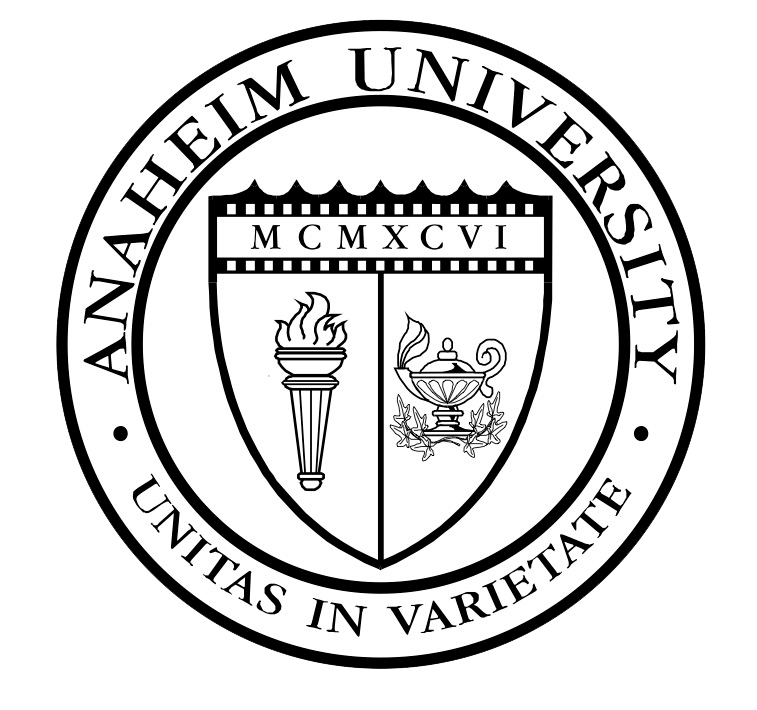Curriculum
May 19, 2023 2025-01-18 4:35Curriculum
The Online Ed.D. in Teaching English to Speakers of Other Languages (TESOL) program includes 16 courses and a dissertation, designed to be completed in approximately three to four years.
Course Duration: Each course is nine weeks long.
The Ed.D. in TESOL program includes courses in four areas that link theory, research, practice and professional development.
1. Studies in Applied Linguistics
This area is broad-based. It aims to provide students with the disciplinary knowledge that forms TESOL. It addresses the linguistic, psycholinguistic, psychological and sociolinguistic foundations of language teaching. On completing the courses in this area, students will have developed a clear understanding of theories of language learning, and of the theoretical and empirical underpinnings of different language teaching approaches, instructional materials, and language testing.
- EDU 700 Instructed Second Language Acquisition (4 credits)
- EDU 701 Interlanguage Pragmatics (4 credits)
- EDU 702 Individual Learner Differences in Language Learning and Teaching (4 credits)
- EDU 703 Sociolinguistics and Language Teaching (4 credits)
- EDU 704 Discourse Analysis for Language Teachers (4 credits)
- EDU 705 Language Testing (4 credits)
- EDU 706 Special Topic (4 credits)
2. Aspects of Language Teaching
This area is more practice-oriented. It examines the principles that inform the design and evaluation of courses in language teaching. It provides students with an opportunity to engage in projects directly related to TESOL and thereby to develop the skills required of leaders in the field.
- EDU 710 Curriculum Design (4 credits)
- EDU 711 Technology and Language Education (4 credits)
- EDU 712 ELT Materials Development (4 credits)
- EDU 713 Special Topic (4 credits)
3. Professional Development
This area seeks to lay the ground for students’ ongoing professional development. It focuses narrowly on two key domains of professional activity in TESOL – ELT management and teacher education.
- EDU 720 ELT Management (4 credits)
- EDU 721 Language Teacher Education (4 credits)
4. Research Methods for Language Teachers
While students will have been introduced to a range of research relevant to TESOL in the other areas of the Ed.D, this area seeks to develop the knowledge and skills needed to design research studies and to collect and analyze data. It provides a platform for the students’ work on their dissertation.
- EDU 730 Qualitative Research Methods (4 credits)
- EDU 731 Quantitative Research Methods (4 credits)
- EDU 732 Dissertation Proposal Writing (4 credits)
In addition, students will complete a dissertation (EDU 733 Dissertation) worth 12 credits

EDU 700 Instructed Second Language Acquisition
This course investigates research that has explored the effects of form-focused instruction on L2 acquisition.
It draws on theory and research in the field of second language acquisition and examines options for conducting
form-focused instruction. Students will be expected to use their knowledge of existing research to prepare a
research proposal for a study using their own learners or a group of learners with whom they are familiar.
EDU 701 Interlanguage Pragmatics
This course will familiarize participants with research investigating interlanguage pragmatics and examine how
instruction can effectively develop L2 pragmatic competence. Students will be required to prepare a set of teaching
materials for teaching ONE speech act (e.g., requests or compliments). They will also be asked to try out and evaluate
their materials on their own students or students with whom they are familiar.
EDU 702 Individual Learner Differences in Language Learning and Teaching
This course reviews research that has investigated a number of key individual learner factors (e.g., language aptitude,
motivation, learner beliefs) and how these impact language teaching. The course also considers how individual
differences in classroom learners can be accommodated instructionally. Students will analyze data to investigate
individual learner factors and carry out a qualitative study of two language learners – one successful and one unsuccessful.
EDU 703 Sociolinguistics and Language Teaching
This course introduces participants to concepts and issues in sociolinguistics relevant to language teachers. The course
covers the relationship between language and society and how classroom practices relate to broader socio-political contexts.
EDU 704 Discourse Analysis for Language Teachers
The objective of this course is to define ‘discourse’ and introduce students to models for describing and critically
evaluating authentic oral and written discourse.
EDU 705 Language Testing
This course develops a critical understanding of language tests, their theoretical underpinnings, design, and uses.
EDU 706 Special Topic
This project-based course guides students through conducting an empirical study, covering all major phases from
conceptualization to analysis.
EDU 710 Curriculum Design
This course familiarizes students with language curriculum development and enables them to design a curriculum for
a specific group of learners.
EDU 711 Technology and Language Education
This course examines technology as a tool and tutor in language education. Students will integrate technology in
course design and prepare a research proposal on its role in language education.
EDU 712 ELT Materials Development
This course develops participants’ skills in materials evaluation, adaptation, writing, and usage, with a focus on
principled pedagogy and second language acquisition.
EDU 713 Special Topic
This project-based class focuses on developing an ISLA study addressing pedagogical issues with a focus on quantitative
and mixed-methods research.
EDU 720 ELT Leadership and Management
This course examines leadership in language education, distinguishing it from management, and focuses on relevant
educational leadership literature.
EDU 721 Language Teacher Education
This course explores how teachers learn to teach, socio-cultural influences on the profession, and professional
development for second language teachers.
EDU 730 Qualitative Research Methods
This course defines qualitative research, its evolution, and its application, emphasizing the writing process in research.
EDU 731 Quantitative Research Methods
This course enables students to design and evaluate quantitative studies and analyze data using statistical tools.
EDU 732 Dissertation Writing Proposal
This course assists students in preparing and critiquing a research proposal.
EDU 733 Dissertation
Students conduct research, write, and defend a dissertation. Completion of the CITI SBE Foundations certificate
is required.



